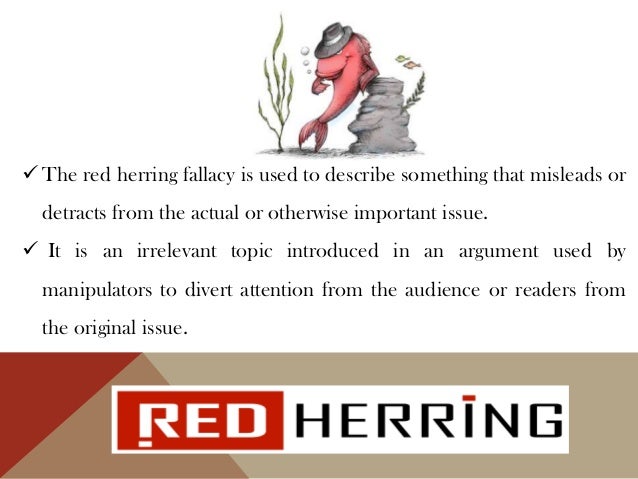


The Sunk Cost Fallacy – Definition and Example In this article, we'll look at the most common informal fallacies so you can learn to identify them and avoid them. Instead, it's all about giving you the tools to identify these weak arguments so you don't make these mistakes in your reasoning. And keep in mind that we're not talking about the effectiveness or persuasiveness of your argument, here – after all, fallacious arguments can be very persuasive. In this article, we'll focus on these informal fallacies as they can be pretty common in everyday debate. In informal fallacies, there's a problem with what you're saying, and the information might be incorrect or misleading. You might be speaking the truth, but the logic breaks down because of the way you're putting your arguments together. In formal fallacies, there's a problem with how you structure your argument, and how you're making your points. There are two major types of logical fallacies, formal and informal. And you want to be able to spot these fallacies in other people's arguments (and your own) so you can call them out or fix your own strategy. What is a Logical Fallacy?Ī logical fallacy is an error in reasoning that makes your argument less effective and convincing. When you're debating someone, you want to use all the resources at your disposal to convince them you're right.Īnd that's great – but you should be careful that you don't end up using a logical fallacy to help you make your point.


 0 kommentar(er)
0 kommentar(er)
